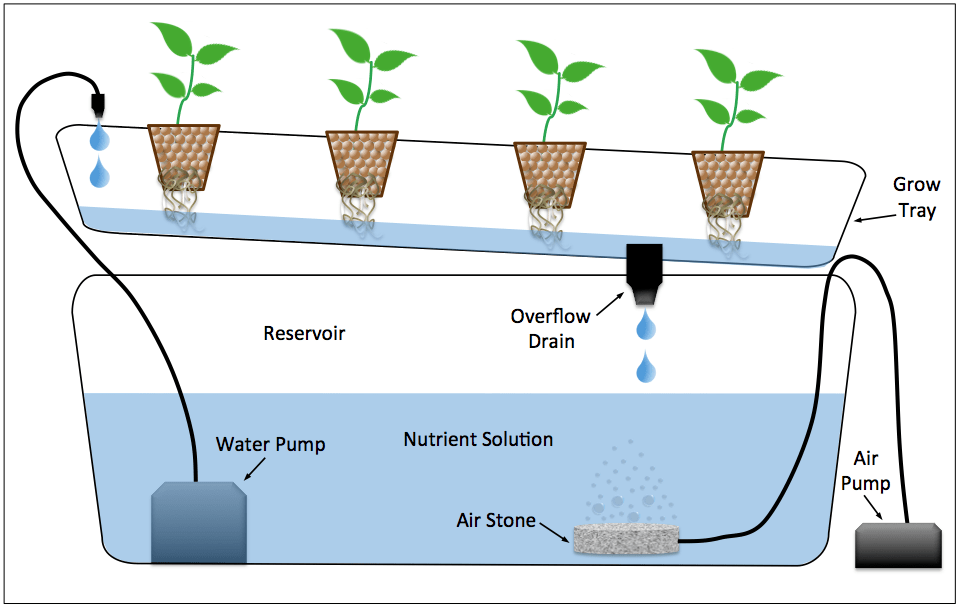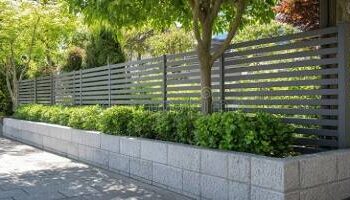Hydroponics is a specialized method of growing plants without soil. Without the presence of soil, the water works to provide nutrients, oxygen, and hydration to the plant life.
You may have just learned about hydroponics farming with the notion that it is a newfangled method of gardening (it isn’t). Surprise, surprise— hydroponics has existed since the ancient times of Babylonian Civilization.
The art and science of hydroponics is making a comeback because of its sustainability; according to the National Park Service (NPS), hydroponic systems of agriculture use 10 times less water than traditional agricultural farming methods. How? Well, the water in a hydroponic system is caught and reused (as opposed to running off and draining into the environment).
What Is Hydroponics?
To iterate, hydroponics is a system of plant cultivation that doesn’t use soil. Whether they are herbs, vegetables, or flowers; the hydroponic plants are planted in stationary growing media and nourished with water, nutrient-dense solutions, and oxygen.
This blueprint for gardening encourages quick growth, bountiful yields, and superior quality in the plants.
When a plant is growing in soil, its roots are constantly searching for the nutrition it requires to survive.
When a plant’s root system is immediately exposed to water and nutrition, the plant does not have to use any energy to sustain itself. The energy wasted by the roots in seeking food and water can therefore be transferred towards the plant’s maturation. This ultimately results in the flourish of fruit and flower.
One thing to remember about plants is that they do not require soil in order to photosynthesize (no matter what you remembered learning about photosynthesis in elementary school). When attached to the earth, they merely rely on the soil to provide them with water and nutrients. On the other hand, when nutrients are dissolved in water, they can be given directly to the root system of the plant by flooding, misting, or immersion. Direct exposure to nutrient-rich water has been shown in hydroponic developments to be a more effective and adaptable technique of growth than standard watering.
H3 How Does Hydroponics Work?
Hydroponic systems function by providing precise control over environmental parameters, such as temperature and pH balance; as well as increased exposure to nutrients and water. Hydroponics works on a simple premise: give plants exactly what they need, when they need it.
The system uses fertilizer solutions that are specifically matched to the needs of the plant being cultivated. They assist you in precisely controlling how much light the plants receive and for how long. And finally, the pH level can be measured and modified— a helpful controlling factor regarding your plants’ health. All in all, plant development accelerates in a highly personalized and controlled environment.
Many risk factors are reduced by regulating the plant’s surroundings. Plants grown in gardens and fields are subjected to a variety of factors that have a detrimental impact on their health and growth. Plant diseases can be propagated by fungus in the soil. Wildlife, such as rabbits, might steal ripening veggies from your garden. Pests such as locusts can wreak havoc on crops in a single afternoon.
The uncertainty of growing plants outside and in the soil is eliminated by hydroponic systems. Seedlings mature significantly faster when the mechanical resistance of the soil is removed. Hydroponics produces much healthier and higher-quality fruits and vegetables by removing pesticides. Plants are free to grow strongly and rapidly in the absence of impediments.







